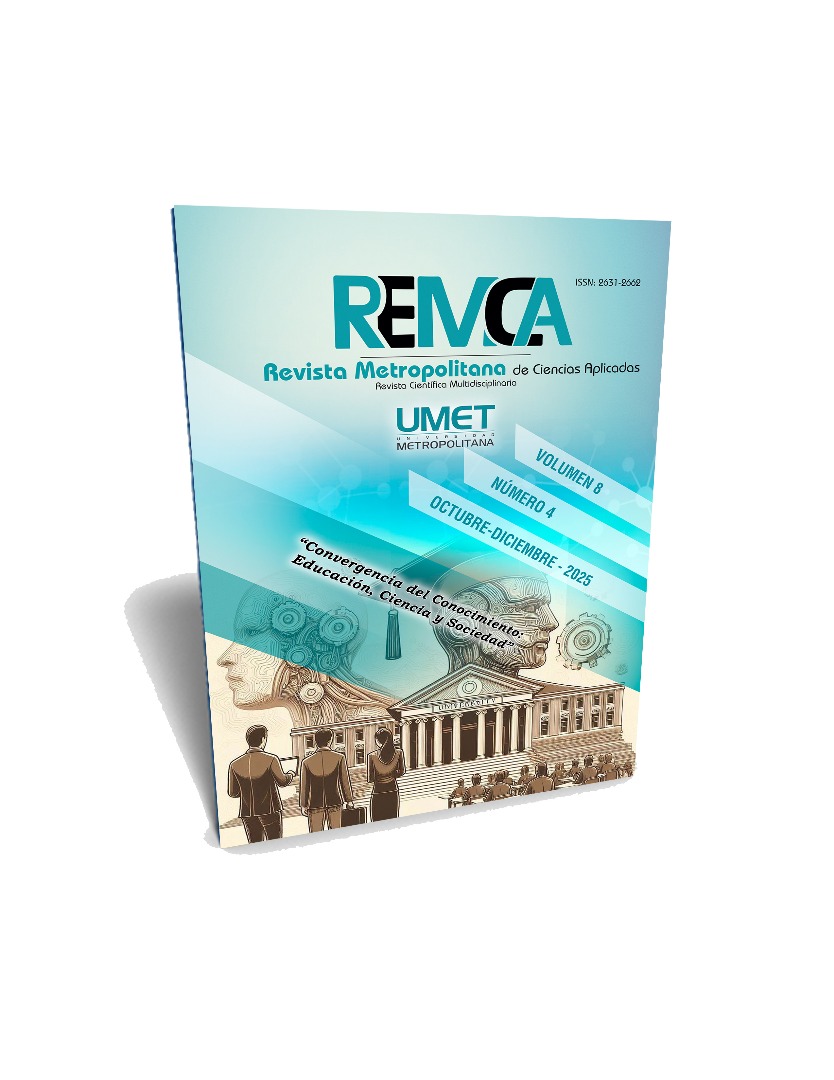Luis Fortunato Iglesias: Educator through art
DOI:
https://doi.org/10.62452/yyf0nw97Keywords:
Humanistic pedagogy, New School, education through artAbstract
This article presents some of the characteristics of the work of Luis Fortunato Iglesias, a Latin American art educator renowned for his work in the 20th and 21st centuries. His work is considered one of the pioneers in the field of innovative pedagogy within the New School movement, which represented a reaction against the speculative attitude of idealism and pedagogical positivism, as well as a rejection of formalism, memorization, competitiveness, authoritarianism, and rigid discipline, characteristic features of traditional education. Iglesias advocated more horizontal educational ties, opposing school bureaucracy through a humanistic pedagogy. Based on these key points, we recognize this personality, in particular, his work and legacy, which should be taken into account for active, cooperative, and personalized learning, as we commemorate the 110th anniversary of his birth in 2025.
Downloads
References
Bally, C. (1947). El lenguaje y la vida. Ed. Losada.
Buitron, V., Sokolowicz, D., Spindiak, J., & Terigi, F. (2021). La escuela rural pequeña. Enseñar y aprender en plurigrados y salas multiedad. Cuadernos del IICE, 7. Editorial de la Facultad de Filosofía y Letras.
Dalcroze, E. (1921). Rhythm, Music and Education. Ed. Londres.
Deldivedro, V. (2024). “A la mexicana”. Tras las huellas de la trayectoria de Luis F. Iglesias en la formación de maestros rurales en México. Archivos de Ciencias de la Educación, 18(25). https://www.memoria.fahce.unlp.edu.ar/art_revistas/pr.18396/pr.18396.pdf
Dewey, J. (1949). El arte como experiencia. Fondo de Cultura Económica.
Escat, J. (2023). Luis F. Iglesias, el docente argentino que propugnó vínculos educativos más horizontales y se opuso a la burocracia escolar. https://billiken.lat/author/jescat/
Freinet, C. (1994ª). La escuela moderna francesa. Guía práctica para la organización material, técnica y pedagógica de la escuela popular. Ediciones Morata.
Freinet, C. (1994b). Una pedagogía moderna de sentido común. Los dichos de Mateo. Ediciones Morata.
Iglesias, L. F. (1959). La escuela rural unitaria. Ediciones Pedagógicas.
Montessori, M. (1918). The Advanced Montessori Method. Ed. Londres.
Nassif, R. (1965). Pedagogía de Nuestro Tiempo. Editorial Kapeluz.
Nervi, J. R. (2005). Premio Aníbal Ponce 1985: Luis F. Iglesias. Revista Praxis Educativa (Arg), 9(9), 94-102. http://www.redalyc.org/articulo.oa?id=1531200512011
Piaget, J. (1929). El juicio y el razonamiento en el niño. Ed. La Lectura.
Read, H. (1955). Educación por el arte. Ed. Paidós.
Rockwell, E., & Garay, C. (2014). Las escuelas unitarias de México en perspectiva histórica: un reto aún vigente. Revista Mexicana de Historia de la Educación, 2(3), 1-24. https://www.rmhe.somehide.org/index.php/revista/article/view/33
Rouma, G. (1947). El lenguaje gráfico del niño. Ed. “El Ateneo”.
Tarrío, L. (2013). Las pedagogías de la expresión creadora en América Latina. Los aportes y concepciones de los maestros autores: Jesualdo y Luis F. Iglesias [Tesis de Maestría, Universidad de Buenos Aires].
Downloads
Published
Issue
Section
License
Copyright (c) 2025 Hugo Freddy Torres-Maya (Autor/a)

This work is licensed under a Creative Commons Attribution-NonCommercial-ShareAlike 4.0 International License.
Authors who publish in Revista Metropolitana de Ciencias Aplicadas (REMCA), agree to the following terms:
1. Copyright
Authors retain unrestricted copyright to their work. Authors grant the journal the right of first publication. To this end, they assign the journal non-exclusive exploitation rights (reproduction, distribution, public communication, and transformation). Authors may enter into additional agreements for the non-exclusive distribution of the version of the work published in the journal, provided that acknowledgment of its initial publication in this journal is given.
© The authors.
2. License
The articles are published in the journal under the Creative Commons Attribution-NonCommercial-ShareAlike 4.0 International License (CC BY-NC-SA 4.0). The terms can be found at: https://creativecommons.org/licenses/by-nc-sa/4.0/deed.en
This license allows:
- Sharing: Copying and redistributing the material in any medium or format.
- Adapting: Remixing, transforming, and building upon the material.
Under the following terms:
- Attribution: You must give appropriate credit, provide a link to the license, and indicate if any changes were made. You may do this in any reasonable manner, but not in any way that suggests the licensor endorses or sponsors your use.
- NonCommercial: You may not use the material for commercial purposes.
- ShareAlike: If you remix, transform, or build upon the material, you must distribute your creation under the same license as the original work.
There are no additional restrictions. You may not apply legal terms or technological measures that legally restrict others from doing anything the license permits.




